Quality Health Care at University Hospital
High quality, safe patient care is a shared responsibility of everyone who serves our patients at University Hospital. We are committed to providing the best care to every patient every day. The outcomes of patient care and safety are continually measured, assessed and improved. You are able to review our performance on quality measures so that you may make informed decisions about your health care and the care of your loved one. University Hospital publicly reports the quality of our care in order for our patients to make informed choices. You may review University Hospital’s quality of care on the federal Hospital Compare website.
University Hospital is accredited by The Joint Commission – University Hospital aspires to the highest standards of quality care and is fully accredited and has earned the Gold Seal of Approval from The Joint Commission (TJC), which inspects hospitals to ensure they are delivering safe, high quality care.
Organizational Quality Improvement and Patient Safety
“University Hospital knows that patient trust is built upon the quality and safety of care that we provide.” The top three priorities for University Hospital are Quality, Safety and Reliability. We are fully committed to providing high-quality care as well as sharing data about our adherence to guidelines for care. Below is information on key quality measures, specifically, Patient Safety Indicators that impact the patient care experience and health outcomes. These measures are updated as new data is collected and becomes available.
The following patient safety indicator scores tell you about how often patients had serious, but potentially preventable, complications related to their medical or surgical inpatient hospital care.
| Based on Quarter 2, 2017 through Quarter 1, 2018 CMS | US National Average | University Hospital |
| Death among surgical inpatients with serious treatable complications | 161.73 | 164.75* |
| Latrogenic Pneumothorax | 0.29 | 0.28* |
| Perioperative Hemorrhage or Hematoma | 2.60 | 2.35* |
| Postop Acute Kidney Injury | 1.32 | 1.08* |
| Postop Respiratory Failure | 7.88 | 8.15* |
| Perioperative PE or DVT | 3.86 | 4.68* |
| Postoperative Wound Dehiscence | 0.86 | 0.74* |
| Accidental Puncture / Laceration | 1.29 | 1.49* |
| PSI 90 – Composite (combination of all 8 complications) | 1.00 | 1.43** |
- Includes only patients with “regular” Medicare. People in Medicare Advantage (managed care plans, or people without Medicare are not included).
- * No different than the national rate
- ** Worse than the national rate
- *** Better than the national rate
https://www.medicare.gov/hospitalcompare
What is University Hospital doing to improve?
We have many initiatives underway to keep patients safe. Standard “best” practices are the key to success. We most recently have embarked on a hospital wide Hand Hygiene campaign that includes the entire organization, staff patients and visitors.
We want to hear from you.
At University Hospital we want our patients to know that they are being cared for in a professional, healing environment that promotes the highest quality of care and patient safety. If you feel we have not met this goal please immediately contact your nurse, nurse manager, department manager or director. You may also ask to speak with a Patient Representative or call them at 973-972-6410.
It is the goal of University Hospital to provide the best care to every patient every day. In the event you feel that your concerns about the quality of patient care or other patient safety issues have not been addressed satisfactorily you may also contact the agencies listed below:
New Jersey Department of Health & Senior Services Acute Care Assessment and Survey P.O. Box 358 Trenton, New Jersey 08625-0358 Telephone: 609-292-9900 Toll Free Hotline: 1-800-792-9770 Patient Safety Reporting System.
The Joint Commission Division of Accreditation Operations Office of Quality Monitoring One Renaissance Boulevard Oakbrook Terrace, IL 60181 Telephone: 1-800-994-6610 Fax: 630-792-5636 e-mail: complaint@jointcommission.org
